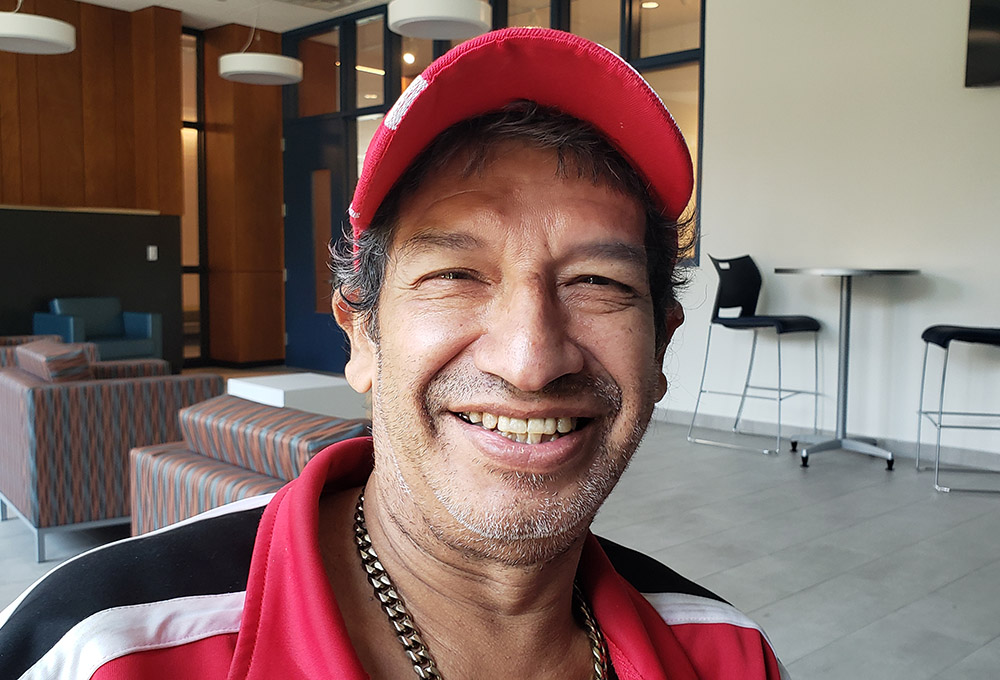Social sin, according to the U.S. Bishops, "resides within a group or a community of people. It exists within any structure in society that oppresses human beings, violates human dignity, stifles freedom and/or imposes great inequity. ... Social sin results in structures, laws and policies that perpetuate widespread poverty, inequality, discrimination, violence, and other injustices. ... Once we have recognized these patterns and structures that are sinful, we need to move toward action on behalf of justice and the common good." Our bishops say this action should be collaborative and allow people to invest in their own community.
The U.S. Conference of Catholic Bishops sponsors the Catholic Campaign for Human Development (CCHD), which supports community groups throughout the United States. The bishops state, "The belief that those who are directly affected by unjust systems and structures have the best insight into knowing how to change them is central to CCHD. CCHD works to break the cycle of poverty by helping low-income people participate in decisions that affect their lives, families and communities. CCHD offers a hand up, not a hand out."
Getting to know the Catholic Campaign for Human Development
First, have the students watch a brief video on the CCHD website: "Living Our Faith, Breaking the Cycle of Poverty."
Next, assign or have the students choose one of the CCHD-supported programs named in the last several years of recently funded initiatives at https://www.usccb.org/committees/catholic-campaign-human-development/cchd-funded-groups. (Note: these are listed by diocese; you may want to include some from your own area and others from different parts of the country.)
Have the students research the community group and the specific program that CCHD has funded. Have the students prepare a one-page report with a picture that represents the focus of the program and with a few bullet points that describe the work and goal of the program.
Have the students share briefly about the community projects they researched and hang up their work in or outside the classroom for others to see.
What was your reaction to seeing a young girl in the short video talk about her research and efforts to ensure low-cost housing in her neighborhood?
What was the most interesting thing you have learned after doing the activity and hearing about other programs that the Catholic Campaign for Human Development sponsors?
Why do the bishops believe they should promote projects that involve community members?
Why do the bishops declare it is better to offer "a hand up, not a hand out"? Why is this belief consistent with Catholic social teaching?
Do you have any ideas for a program that could benefit your own area?
We ask for your guidance, Lord of all, as we seek to grow in ways that allow us to live out our faith in our communities. We thank you for the models of seeking social justice that we have witnessed and shared. Open our minds, open our hearts so we may participate in the great work of building a loving and just world for all your children. Amen.
Tell us what you think about this resource, or give us ideas for other resources you'd like to see, by contacting us at [email protected].
